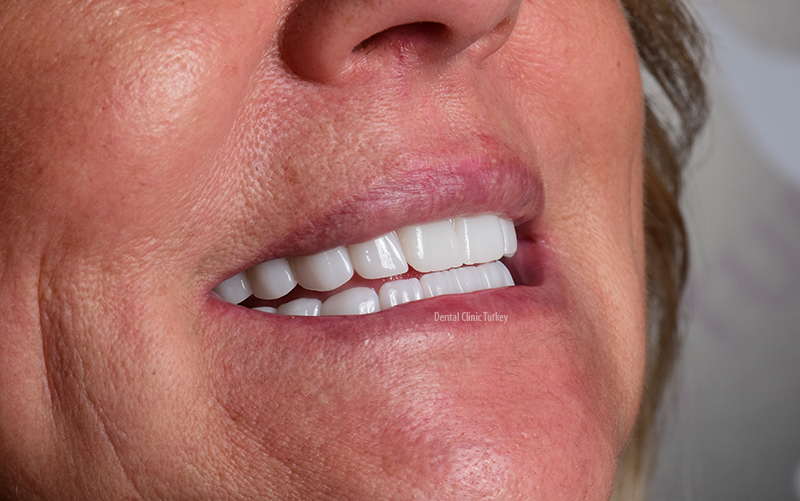Advantages of Zirconia Dental Crowns
- Strength and Durability
- High Fracture Resistance: Zirconia crowns are highly resistant to fractures and chipping, making them suitable for both anterior and posterior teeth.
- Long Lifespan: Due to their durability, zirconia crowns can last many years, reducing the need for frequent replacements.
- Aesthetics
- Improved Translucency: Modern zirconia crowns have enhanced translucency, closely mimicking the natural appearance of teeth.
- Customizable Appearance: They can be stained and glazed to match the color of adjacent teeth, providing a more natural and aesthetically pleasing look.
- Biocompatibility
- Hypoallergenic: Zirconia is biocompatible and does not cause allergic reactions, making it suitable for patients with metal allergies.
- Gum Health: The smooth surface of zirconia crowns is gentle on surrounding soft tissues, promoting healthy gums.
- Precision and Fit
- CAD/CAM Technology: Zirconia crowns are often designed and fabricated using CAD/CAM technology, ensuring precise fit and reducing the need for extensive chairside adjustments.
- Consistent Quality: The digital fabrication process ensures consistent quality and accuracy in the final restoration.
- Minimal Tooth Reduction
- Conservative Preparation: Zirconia crowns can be made thinner than those made from other materials, allowing for more conservative tooth preparation and preservation of natural tooth structure.
- Versatility
- Chemical Stability
- Resistance to Corrosion: Zirconia is chemically inert, resisting corrosion and degradation over time, which ensures long-term stability in the oral environment.
Disadvantages of Zirconia Dental Crowns
- Aesthetic Limitations
- Opaque Appearance: Although improved, some zirconia crowns may still appear less translucent than natural teeth, especially in cases where high translucency is required.
- Matching Issues: Achieving an exact color match with natural teeth can sometimes be challenging.
- Wear on Opposing Teeth
- Abrasion Potential: Improperly polished zirconia crowns can be abrasive to opposing teeth, causing wear over time. Proper finishing and polishing are crucial to minimize this risk.
- Cost
- Higher Initial Cost: Zirconia crowns can be more expensive compared to other materials like metal-ceramic crowns due to the cost of materials and the CAD/CAM technology used in their fabrication.
- Technical Sensitivity
- Fabrication Process: The manufacturing process for zirconia crowns requires specialized equipment and expertise, which may not be available in all dental practices.
- Skill-Dependent: The success of zirconia crowns heavily depends on the dentist’s and dental technician’s skill in designing and fabricating the restoration.
- Adjustability
- Difficult to Adjust: Zirconia is a very hard material, making intraoral adjustments challenging. Any necessary adjustments after placement can be more difficult compared to other crown materials.
- Potential for Cracking During Sintering
- Sintering Process: During the high-temperature sintering process, there is a potential for cracking if not properly controlled, although this risk is minimized with advanced technology and techniques.
Conclusion
Zirconia dental crowns offer significant advantages in terms of strength, durability, biocompatibility, and aesthetics. However, they also come with some disadvantages, such as potential wear on opposing teeth, higher initial costs, and technical sensitivity. Weighing these pros and cons is crucial for dentists and patients when choosing the most appropriate material for dental restorations
Contents
Toggle
